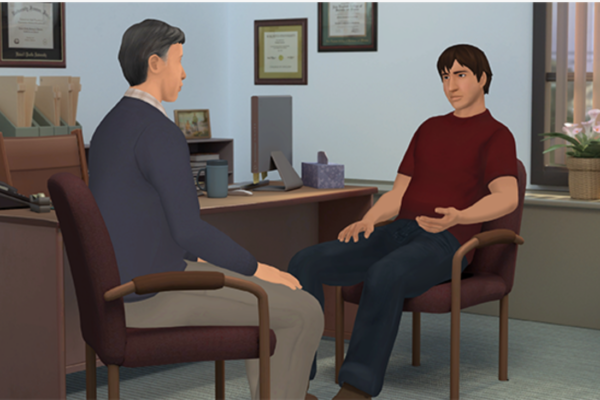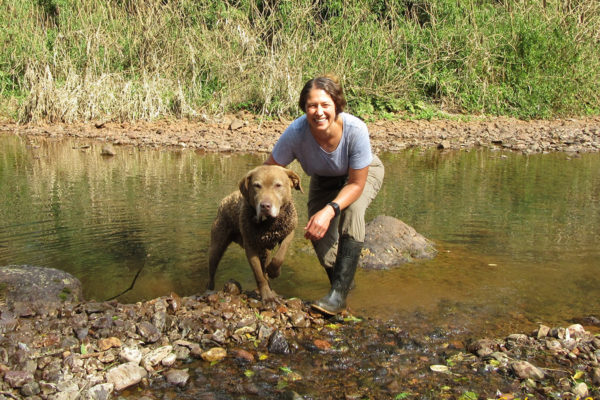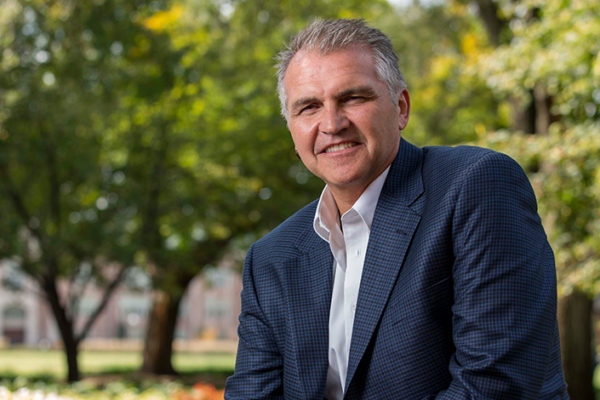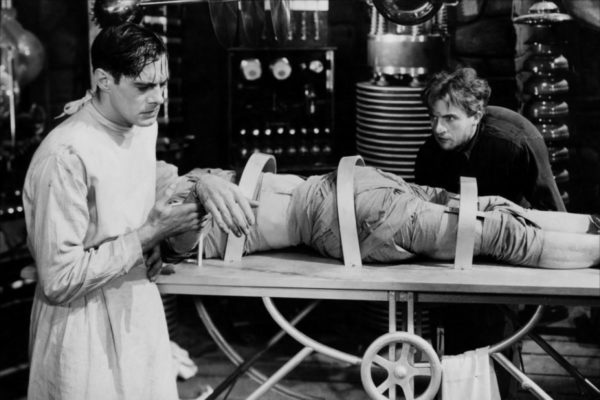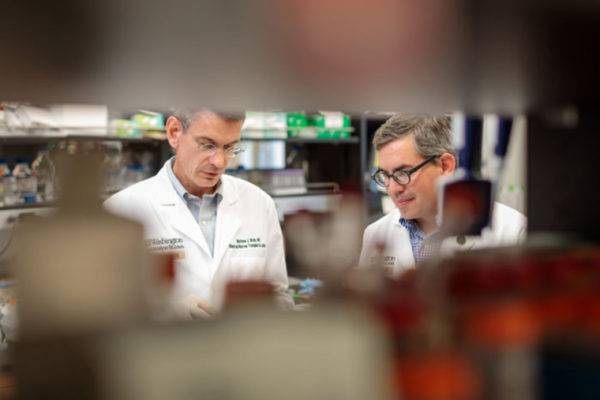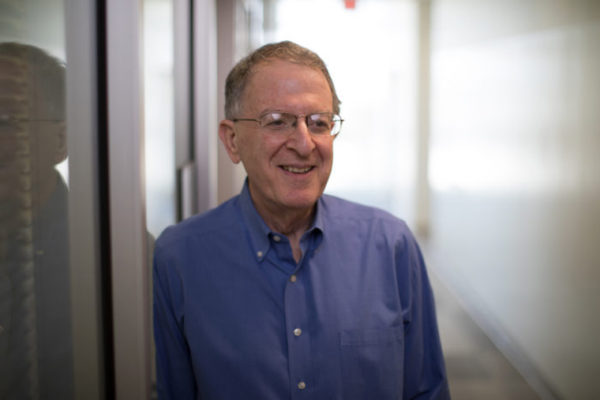The complicated social life of primates
Anyone who peruses relationship settings on social media knows that our interactions with other humans can be complicated, but a new study in Nature Scientific Reports suggests that researchers may be overlooking some of these same complexities in the social relations of our closest primate relatives, such as chimpanzees and macaques.
Leadership changes on horizon for alumni and development
On the heels of the highly successful conclusion of Washington University in St. Louis’ $3.3-billion Leading Together capital campaign, the university has announced administrative changes in the organizational leadership of its alumni and development team.
Kognito helps faculty, staff discuss mental health concerns with students
The signs of stress, anxiety or depression in a student may be easy to spot. The hard part is knowing what to do next.
Kognito At-Risk for Faculty & Staff, an online simulation tool, will help Washington University in St. Louis faculty and staff lead effective discussions with struggling students.
Waffle House Index teaches how to weather storm with breakfast food
The Waffle House index refers to a clue into the level of devastation wrought by a natural disaster — disasters like Hurricane Florence, which made landfall at Wrightsville Beach, N.C., early Sept. 14. Panos Kouvelis, director of the Boeing Center for Supply Chain Innovation at Olin Business School, has taught it for years.
Sniffing out error in detection dog data
New research by Karen DeMatteo, a biologist in Arts & Sciences, finds three alternative explanations beyond errors in handler or dog training that can explain why dogs trained to identify scat for conservation purposes sometimes collect non-target scats.
The ‘new social work’ is performance-based practice, researcher suggests
Rather than social work practice being based solely on a therapist’s intuition and assumptions, social workers should consider a system of evaluation and measurement based on hard data, suggests a professor of social work at Washington University in St. Louis.
‘The Curren(t)cy of Frankenstein’
Mary Shelley’s “Frankenstein” is a thrilling adventure but also a prescient guidebook to the moral and ethical dilemmas of 20th and 21st century medicine. On Sept. 28-30, Washington University in St. Louis’ School of Medicine and College of Arts & Sciences will present a three-day forum exploring Shelley’s novel through the lens of contemporary medical practice.
Schooler named director of community relations and local government affairs
JoAnna Schooler has been appointed director of community relations and local government affairs at Washington University in St. Louis, announced Pamela S. Lokken, vice chancellor for government and community relations. Schooler succeeds Cheryl Adelstein, who retired after 13 years in the position.
Genetic testing helps predict disease recurrence in myelodysplastic syndrome
A DNA-based analysis of blood cells soon after a stem cell transplant can predict likelihood of disease recurrence in patients with myelodysplastic syndrome (MDS), a group of cancerous disorders characterized by dysfunctional blood cells, according to new research at the School of Medicine.
Gordon receives Luminary Award
The School of Medicine’s Jeffrey I. Gordon, MD, has received a 2018 Luminary Award from the Precision Medicine World Conference. He is being honored for his pioneering work in founding the field of gut microbiome research and for fundamentally altering the understanding of the origins of human health and disease, especially as they relate to nutrition.
View More Stories


